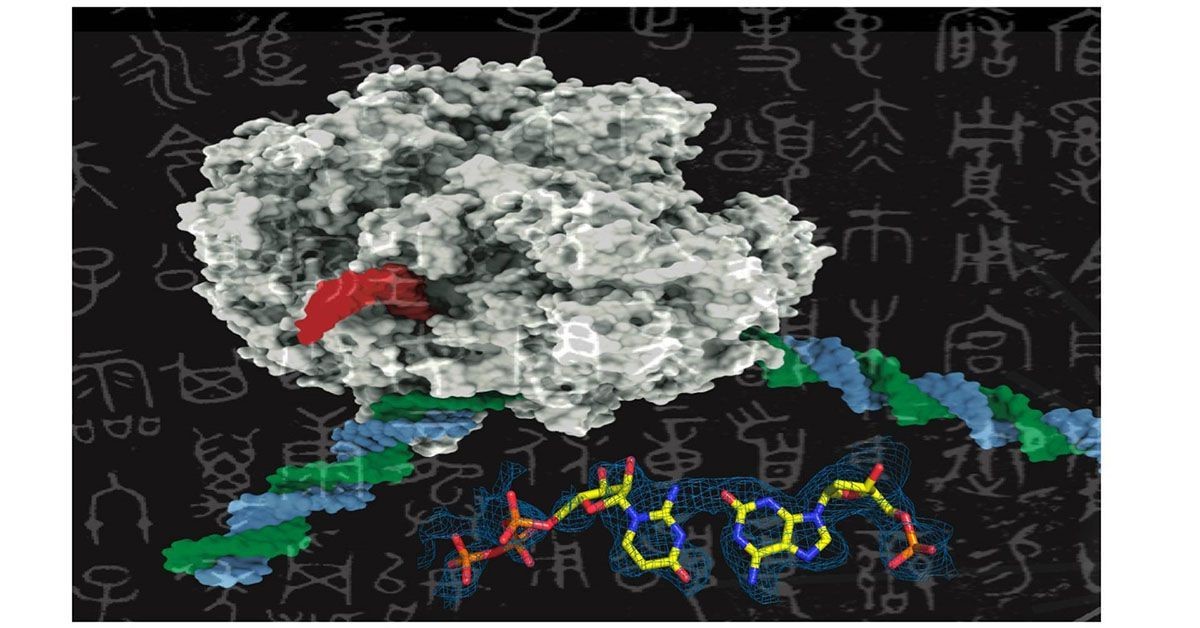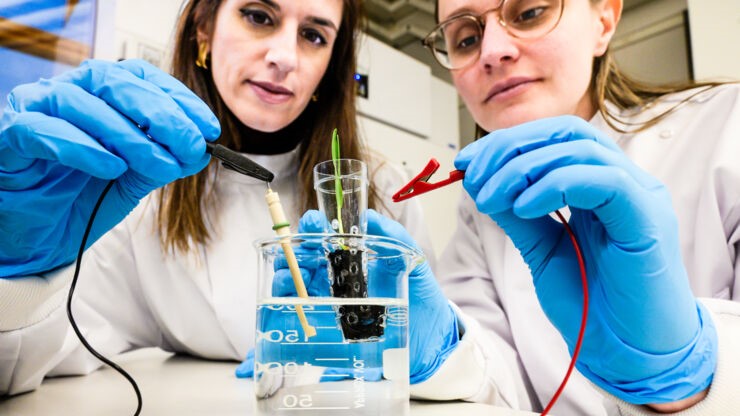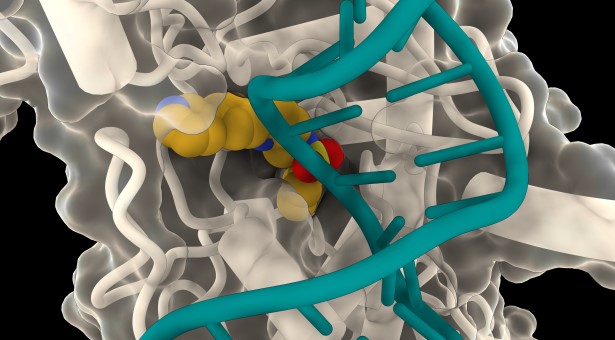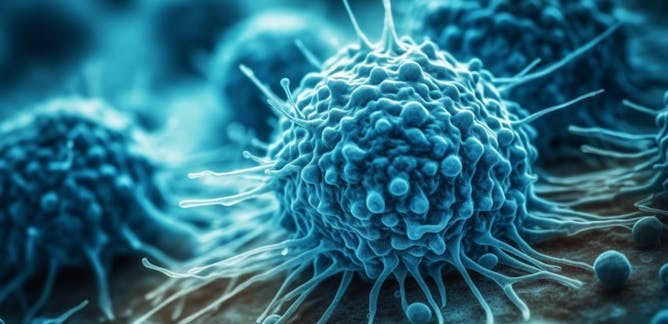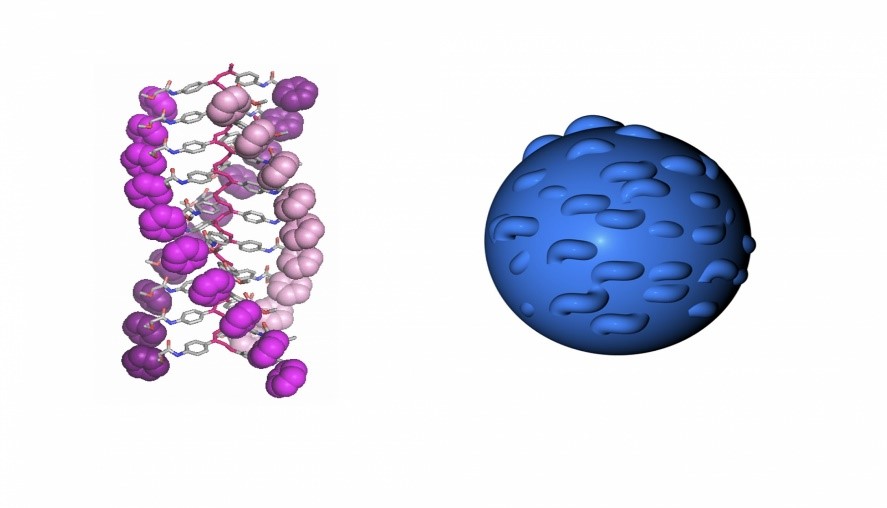All Cancer Patients Achieve Long-Term Cure In 'Remarkable' Human Trial
In what researchers have termed an "unprecedented" response, a new drug for treating locally advanced rectal cancer has completely eradicated tumours in all 42 patients who participated in the Phase II trial.

Figure 1. There are high hopes for dostarlimab-gxly in effectively 'reversing' a type of colorectal cancer, with aspirations that it will also be able to target other forms.
The drug, Jemperli (dostarlimab-gxly), had previously demonstrated significant potential in eliminating mismatch repair deficient (dMMR) cancers, which constitute 5-10% of colorectal cancers. Following the Phase II trial, the first 24 assessed patients exhibited a "sustained complete clinical response" – no detectable cancer – after an average of 26.3 months. Figure 1 shows there are high hopes for dostarlimab-gxly in effectively 'reversing' a type of colorectal cancer, with aspirations that it will also be able to target other forms.[1]
"These findings highlight the potential of dostarlimab-gxly as a groundbreaking approach for treating locally advanced dMMR rectal cancer, achieving durable complete tumour regression without requiring life-altering treatments," stated Dr. Andrea Cercek, researcher and oncologist at the Memorial Sloan Kettering Cancer Centre (MSK). "As a clinician, I have witnessed the debilitating effects of standard treatments for dMMR rectal cancer and am excited about the promise dostarlimab-gxly holds for these patients."
The drug presents a highly promising first-line treatment option, eliminating the need for chemotherapy and radiation. Currently, although traditional treatments are effective, they are highly invasive and significantly affect long-term quality of life. Moreover, one-third of patients eventually experience metastasis, leading to terminal cancer.
Those who undergo surgery often face lifelong, life-changing impacts, including bowel, urinary, and sexual dysfunction, as well as secondary cancers and infertility.[2]
"We aimed to see if we could make a tumour with the MMR(d) mutation recede and eventually disappear using only immunotherapy, sparing patients from the life-altering consequences of standard treatment," Dr. Luis Diaz Jr. said last year, following preliminary trial research that demonstrated the drug's effectiveness in targeting cancer.
Unlike chemotherapy, dostarlimab-gxly is a programmed death receptor-1 (PD-1)-blocking monoclonal antibody. It binds to the PD-1 protein on T cells, prompting these immune cells to attack cancer cells. Although still in the early stages before clinical use, it has already been touted as a 'wonder drug' for successful, non-invasive cancer treatment.
Last year, the FDA approved a new drug as a complementary treatment alongside chemotherapy for endometrial cancer. The pharmaceutical company behind Jemperli, GSK, is now initiating studies on other types of colorectal cancers, aiming for similarly impactful outcomes.
"The data showing no evidence of disease in 42 patients is remarkable," stated Hesham Abdullah, GSK Senior Vice President. "These results bring us one step closer to understanding the potential of dostarlimab-gxly in a curative-intent setting for patients with dMMR locally advanced rectal cancer. We look forward to evaluating dostarlimab-gxly in certain colorectal cancers in our ongoing AZUR-1 and AZUR-2 registrational studies."
GSK also reported that patients did not experience side effects above grade three, with most experiencing mild or moderate adverse reactions. The company noted that the drug's safety and tolerance are "consistent with the known safety profile of the agent."
The long-term follow-up results were presented at the 2024 American Society of Clinical Oncology (ASCO) annual meeting in Chicago this week.
References:
- https://newatlas.com/medical/colorectal-cancer-dostarlimab-gxly/
- https://www.targetedonc.com/view/dostarlimab-shows-remarkable-100-clinical-response-rate-in-dmmr-rectal-cancer
Cite this article:
Gokila G (2024), All Cancer Patients Achieve Long-Term Cure In 'Remarkable' Human Trial, AnaTechMaz, pp. 252







